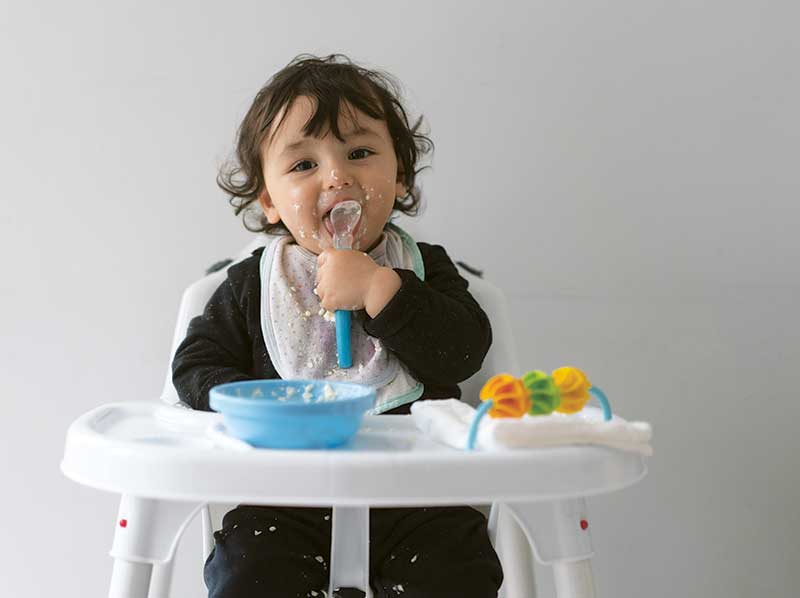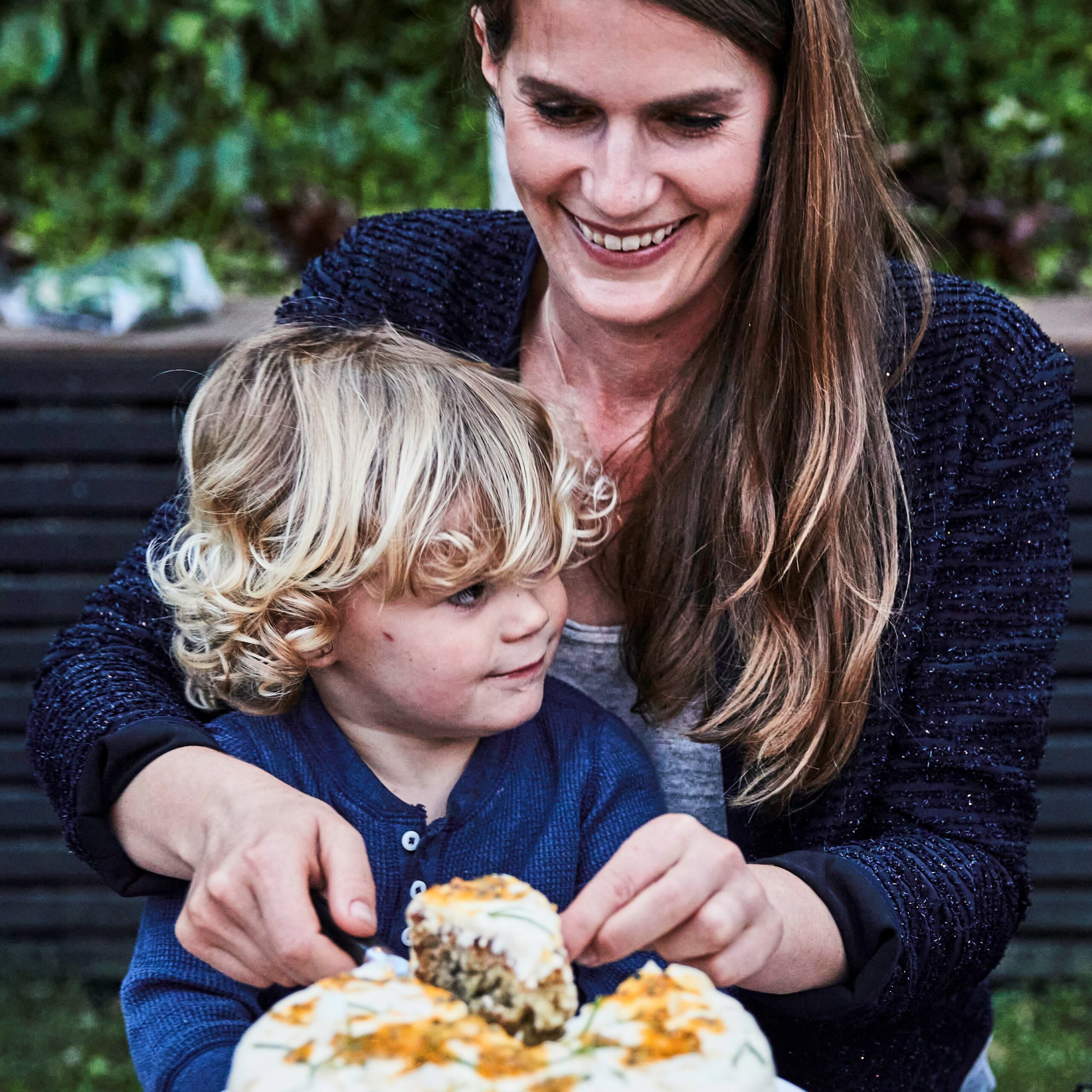Healthy Diet and Nutrient Recommendations for Toddlers

HEALTHY DIET
It is recommended by the Ministry of Health (MOH) that your child eats three meals per day, plus snacks in between, made from a variety of nutritious foods.
Each day, you should offer your child foods from each of the following major food groups:
- Vegetables and fruits
- Grain foods, mostly wholegrain and those naturally high in fibre
- Milk and milk products, or suitable alternatives
- Fish and other seafood, eggs, and poultry or red meat with fat removed
- Legumes, nuts and seeds (do not give whole nuts and large seeds until your child is five years old as these can be a choking hazard)
Your toddler also needs to stay well hydrated with plenty of liquids each day, such as water, breast milk or cows’ milk. Do not give your child alcohol, caffeinated drinks (like coffee, tea, herbal teas, or other drinks), cordial, juice or soft drinks.
By one year of age, your toddler should be eating the same foods as their whānau. Make sure their food is cut appropriately and that you’re mindful of the following choking hazards for children under five years old:
- Small hard foods like large nuts and seeds
- Raw carrot, apple and celery
- Small round foods like grapes, cherry tomatoes and berries (must be cut into quarters)
- Unpopped popcorn husks
- Hard dried fruit
- Fruit with stones or large pips
- Foods with skins or leaves that are hard to chew like sausages, lettuce and nectarines
- Lollies or sweets
- Food with bones as small bones can be a choking risk (e.g. fish or chicken nibbles)
NUTRIENTS
- Vegetables and fruit are an important part of your toddler’s diet, providing vitamins, minerals, dietary fibre, and other beneficial nutrients.
- Ensure you provide your child with iron-rich foods every day to prevent iron deficiency.
- It’s recommended to include good sources of iodine in your toddler’s diet, such as cooked fish and some shellfish, milk and milk products, eggs, meat and poultry, and most breads (except for organic and unleavened breads.)
- To ensure your child has enough vitamin D, they should have daily and appropriate exposure to sunlight. See Sun Safety Advice for Toddlers for further advice on sun safety.
- If your baby or toddler follows a vegan diet, it’s recommended to breastfeed for as long as possible, ideally for two years or more, to provide vitamin B12 for your child. If your toddler has a vegan diet and is no longer breastfed, you should consult your GP about vitamin B12 supplementation.
- Toddlers generally do not need to take supplements unless they are at risk of a deficiency. The best way for them to get enough nutrients for their growing bodies is through a healthy well-balanced diet.
FOODS TO AVOID
- Do not give your child alcohol, caffeinated drinks (like coffee, tea, herbal teas, or other drinks), cordial, juice or soft drinks.
- Do not add salt or sugar to food you are preparing for your toddler. When choosing commercially-prepared foods, opt for those that are low in salt (sodium) and with no added sugars.
WEIGHT GAIN
Just like adults, children come in a variation of healthy shapes, sizes, heights and weights. Healthy weight gain is a good sign that your toddler is getting what they need nutritionally. It’s important to check that your toddler is growing normally by visiting your Well Child Tamariki Ora nurse for a check-up.



